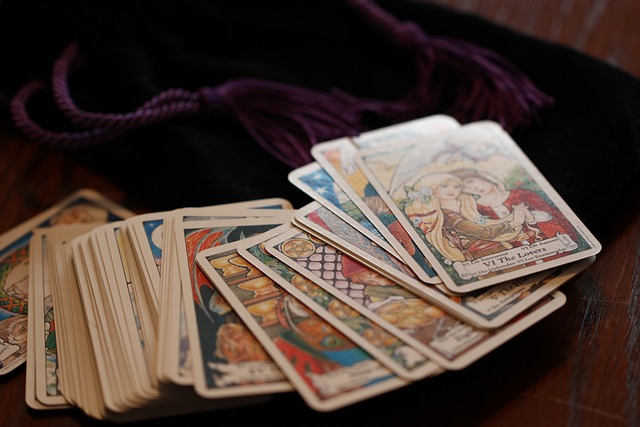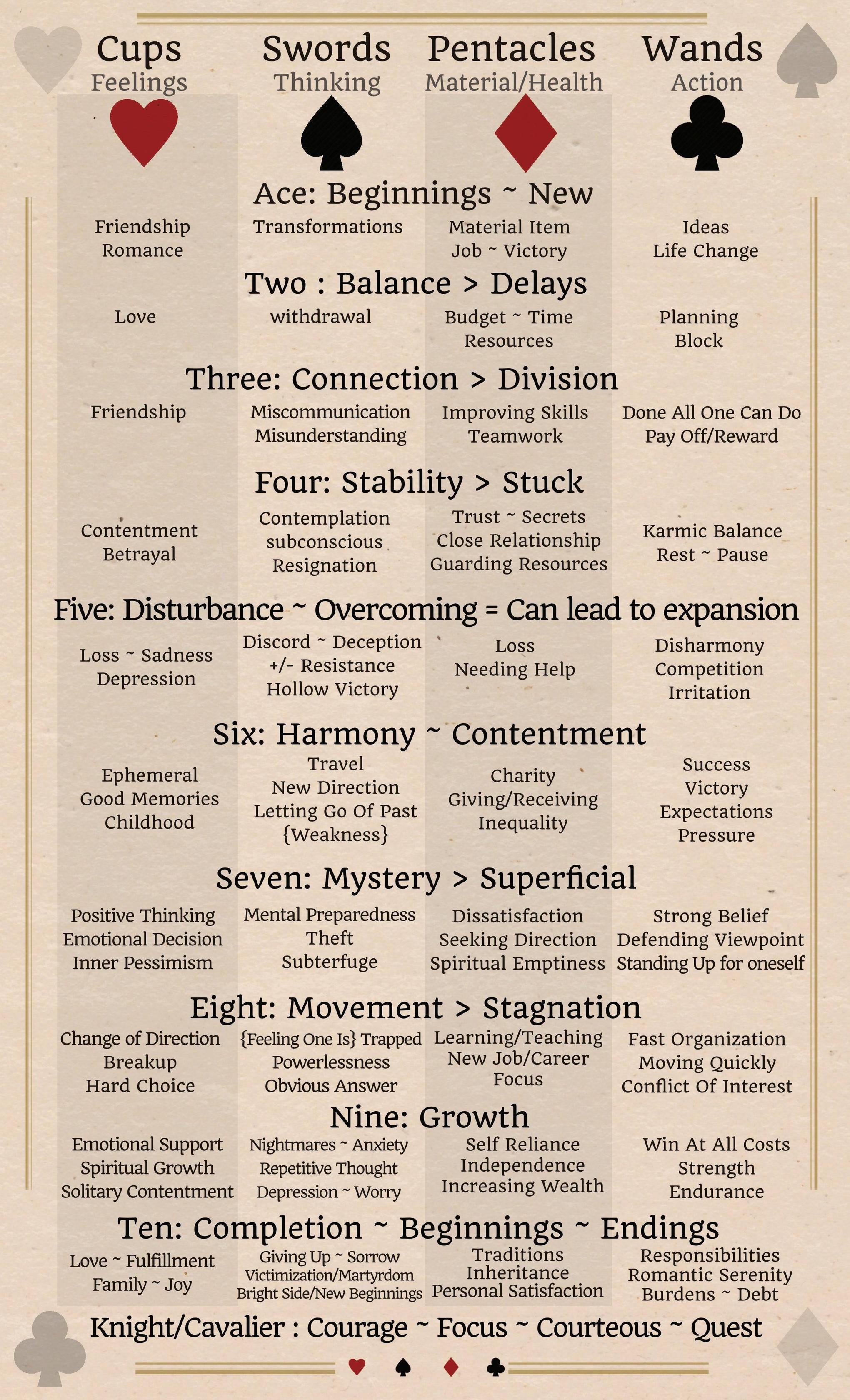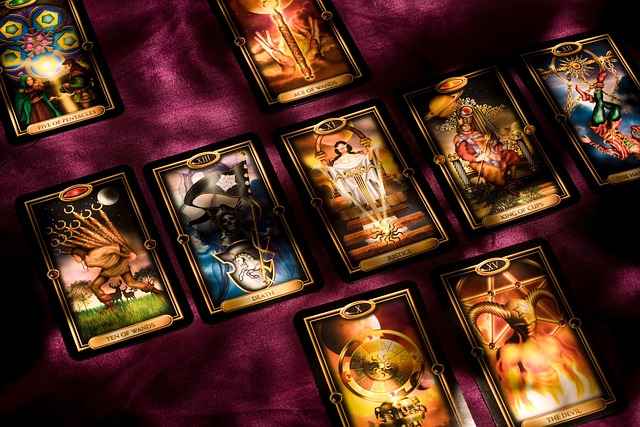
The Tower, part of Major Arcana in the Tarot is the 16th Trump card. It's often found in Italian-suited Tarot decks. Since the mid-19th-century, divination has used it. The Tower can signify different life events or challenges when used in tarot interpretations.
Reverse
The Reversed Tower can be a warning card. This card may indicate a possible crisis or the need to let go. It may also signal a need for personal growth. This card can help us learn valuable lessons about how we can embrace change.

All Right
If you have received the Upright in the Tower deck of tarot cards, it could be a sign that something is about to change in you life. Although the card represents an upheaval, it does not necessarily signal a negative outcome. This card may be a catalyst for a positive change in your personal and professional life. This change can be overcome by changing your perspective and enhancing your skills.
Divorce
In the Tarot, the divorce tower can indicate a divorce, a separation, or an upheaval in a relationship. It is the sixteenth card of the Major Arcana. The Tower in the Tarot can also signify the destruction of old structures and death. The Tower can also be used to symbolize purification by destruction.
Career
The Career in the Tower Tarot card signals a significant career change. It can also indicate job loss or funding difficulties. This isn't all bad news. It signals personal strength.

Loss
If the Tower tarot card appears, you may be going through mental turmoil. This card can often signal that you need to channel energy and challenge your old mindset. It may also indicate a big change in your life, such as moving across the country or world.
FAQ
How can I find a hobby?
You may feel overwhelmed when you start your quest to find a hobby.
You might think, "I'm not very talented," "I struggle at sports," "I don't really know anything."
However, it is likely that you already have a lot to draw on when searching for a hobby.
It's only that you don't know it yet.
Take a tour of your house. How much stuff are you able to store?
Do you have any old toys lying around?
You might have a collection.
You might have always wanted the ability to cook.
Maybe you want to get back into playing the guitar.
Whatever it may be, you can likely turn it into something.
The key is to realize that you already have plenty of experiences to draw upon.
You'll find a hobby that fits your lifestyle once you do.
What are competitive hobbies, you ask?
Running, swimming, cycling and tennis are all competitive sports.
They're usually played by people who enjoy physical activity but also provide an opportunity for social interaction.
If you have a hobby that involves physical activity, then you'll probably find that there are other people around who share this interest.
This may mean joining a club or group where you meet regularly to play sports together.
You may also want to play in a team game, where you are playing with others.
These include soccer (soccer), rugby, netball and hockey.
There are many types of competition.
Some competitions are only for recreational purposes.
Others are designed for competitors to prove their skill.
Some are even designed to reward outstanding performance.
These cases result in prizes for the winners.
Other competitions aim to assess the strength and endurance of competitors.
These are known endurance events.
For example, marathon races, triathlons, Ironman Triathlon, etc.
Before participating in these events, athletes often train hard.
To prepare them mentally and physically, they will be following a strict training regimen.
They might need to travel some distance during preparation.
It's important not to forget that not all athletes are able to compete in every type event.
What is the cost of a hobby?
Hobby costs nothing except time. If you're serious about it, however, it may take you many years to reach your goals.
But there is one thing that can help you. It's called "passion." If you are passionate about what you do, it will be easier to work hard and make progress.
After you've put in hours, you might become addicted. This is when the real fun begins. Because you are enjoying what you are doing and are constantly improving. By the end of the year you'll have probably made a lot of progress.
Don't be too concerned about how long it takes. Just go ahead and try. You may be surprised!
What are collection hobby?
Books, movies music, comics and video games are some of the most popular collections.
Collect stamps, coins, cars, dolls and action figures as well as art supplies, tools, jewelry, watches, gadgets and furniture.
I think you get the idea.
What are some hobbies that you like?
Hobby Ideas For People Who Love to Teach and Learn.
Hobbies can allow you to be creative and have fun while learning.
There are many kinds of hobbies. However, all have the same characteristics. They're usually fun activities that require little effort and cost money.
They also tend to involve working with others, whether teaching someone how to play an instrument or helping them build a model airplane.
Although you might not consider yourself a teacher, there are likely things you can do to help others learn.
Consider starting a hobby to use your creativity to help others.
What kind of hobbies is best for introverts.
Introverts have the ability to focus on one thing at a time. They enjoy solitude and prefer to read, write, play music, watch movies, etc.
They also enjoy spending quiet time alone. They don't enjoy being social all day. In fact, they often find themselves bored when surrounded by people.
Introverts may choose to do hobbies that are more alone-oriented. For example, they may enjoy reading books, listening to music, taking photographs, painting, writing poetry, etc.
Some introverts prefer to live alone. They are able to concentrate on their hobby while not being distracted by other activities.
What is a hobby for kids?
Any activity that kids enjoy as a hobby is something they do outside of the normal routine. Children might be drawn to, build, paint, create stories, play with toys or watch TV.
Many parents worry that their kids will get into trouble when they're free to do what they want. This isn't necessarily true, though. Your child won't get in trouble if they are safe and don't do any harm to anyone.
It is important to remember that people may not always choose to do what they enjoy. For example, if they love drawing pictures but they hate writing, then they may decide to draw pictures instead of writing.
There are many hobbies to choose from, so it's up you to find the one that interests you most.
Statistics
- The Role of the Mind in Sex, Dating, and Love: Men in the “humor” condition received phone numbers from 42.9% of the female participants and were refused 57.1% of the time. (time.com)
- A new survey by Pew Research Center of teens ages 13 to 17 finds that 36% of girls feel tense or nervous about their day every day; 23% of boys say the same. (pewresearch.org)
- I am 100% biologically a woman (discover.hubpages.com)
- This 100% accurate personality-analyzing hobby quiz discovers your passion based on your characteristics. (quizexpo.com)
- Almost 80% of people claim to have no hobby. (hobbylark.com)
External Links
How To
How to start gardening
Gardening is one form of agriculture that dates back to the beginning. It requires patience, persistence, and determination. It is important to choose the right location for your garden. You could choose to plant food on a large parcel of land, or in your own backyard. Next, you will need to decide which type of plants are best for you. Do you prefer flowers or vegetables? Some people love to grow herbs, while others enjoy raising animals like rabbits. Before you decide on what type of crops to plant you need to take into consideration how much space you have. If you live in a climate that experiences cold winters, then you might decide to grow fruits or berries as they do well in colder climates.
After you have decided what you want to plant, it is important that you prepare the soil. Soil is essential in determining whether your plants will thrive or fail. Organic matter is essential for the health and well-being of your plants. Organic matter is made up of leaves, twigs grass clippings, manure and compost. You need nutrients to your soil after you have prepared it. The type of plant you intend to grow will dictate the amount of nutrients you need. An online fertilizer calculator can help you calculate these values. There are many fertilizers available so be sure to know what you are purchasing.
After preparing your soil and adding the proper nutrients, you now need to wait until your seeds germinate. The process typically takes 2 to 3 weeks depending on the weather conditions and temperature in your area. After seeds have sprouted, water them every day. Problems can arise if you water your plants too frequently or too little. Overwatering can cause problems. Overwatering can result in root rot, fungal diseases, and even death. Keep in mind that plants are more thirsty during summer than winter. You should also remember that some plants will need to dry out once they have been watered. For example tomatoes should be kept slightly moist and not wet. They don't like to sit in soggy soil. After the plants have finished flowering they must go dormant. The time when plants stop producing new life and store energy for the next season is called dormancy. Dormancy occurs when the plant stops sending signals that tell its roots to produce food. During this period, plants continue to store energy. Plants will soon die if they are exposed to too much or too cold temperatures.
Urban environments may limit the variety of plants you can grow. Concrete sidewalks, roads and buildings are common in urban areas. They block sunlight from reaching the ground. Concrete absorbs light which blocks sunlight from reaching the ground below. Many plants can't survive in urban environments due to lack of sunlight. Many plants can still thrive in urban settings. Many trees, perennials, shrubs, as well as shrubs can be adapted to urban living. In addition, many annuals can be grown indoors in containers. You can grow fresh greenery year-round in containers.
Now you're ready to plant.